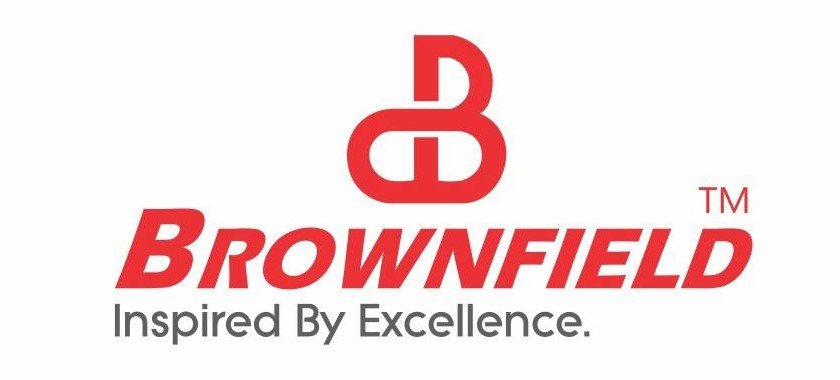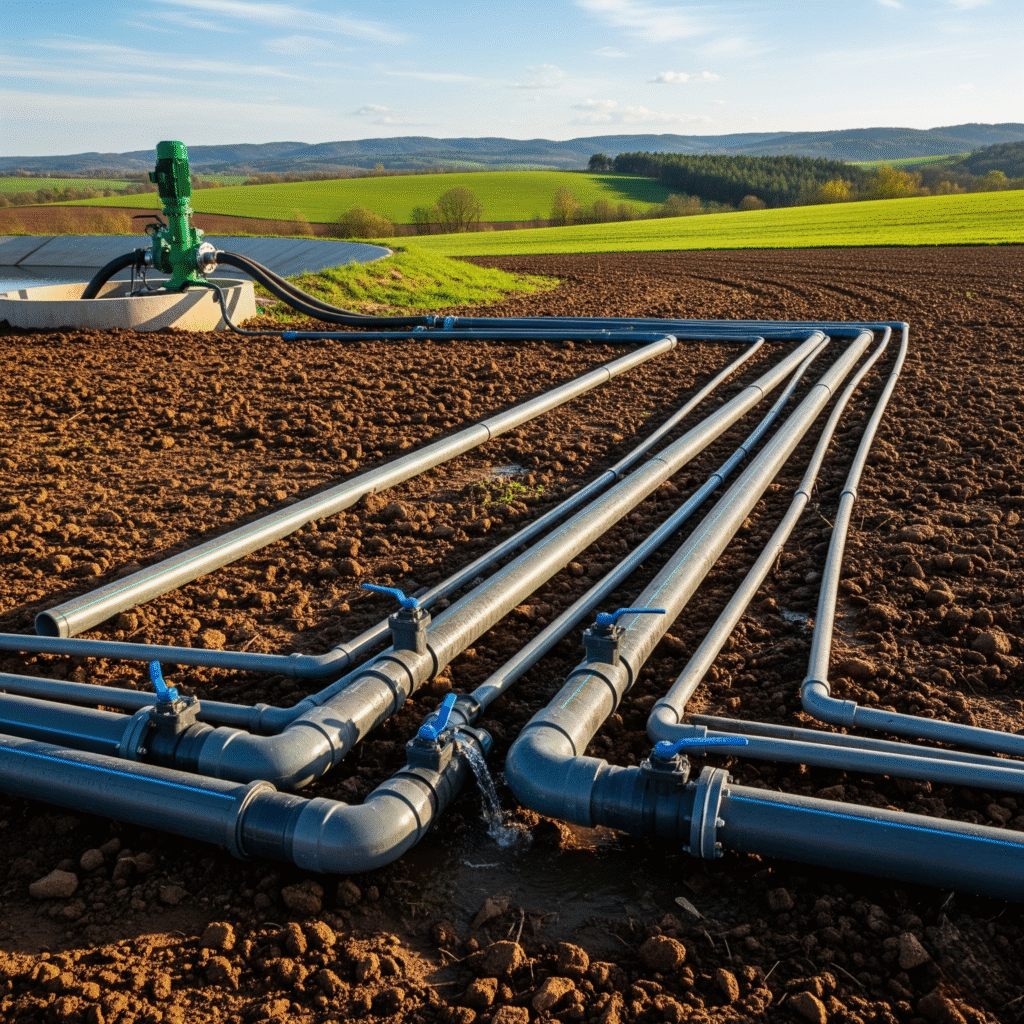Efficient water supply is the backbone of modern agriculture, and selecting the right agricultural pipes is crucial for maximizing crop yield and ensuring sustainable practices. Farmers often face challenges like inconsistent water distribution, pipe corrosion, and high maintenance costs. This guide addresses these concerns by providing an in-depth look at various types of agricultural pipes used for water supply, helping you make informed decisions for your farm.
By the end of this post, you’ll understand the benefits and applications of each type of agricultural pipe, how they contribute to efficient water management, and why choosing the right pipe can significantly impact your productivity. Brownfield India, a leading mulch manufacturing company in Indore and a trusted Mulch Film Manufacturers & Trader, provides high-quality agricultural solutions designed for durability and efficiency.
Why Choosing the Right Agricultural Pipes Matters
Proper selection of agricultural pipes ensures consistent water flow, reduces wastage, and enhances the longevity of the irrigation system. Incorrect pipe choice can lead to frequent repairs, water loss, and increased costs. Understanding the types of agricultural pipes and their unique features is essential for sustainable farming.
Types of Agricultural Pipes for Water Supply
1. PVC Agricultural Pipes
Overview: PVC (Polyvinyl Chloride) pipes are widely used due to their affordability, lightweight nature, and corrosion resistance.
Benefits:
- Resistant to chemical corrosion
- Easy to handle and install
- Low maintenance cost
Applications: Ideal for drip irrigation systems and surface irrigation setups.
2. HDPE Agricultural Pipes
Overview: High-Density Polyethylene (HDPE) pipes offer superior flexibility and strength, making them a popular choice for various irrigation systems.
Benefits:
- High durability and resistance to impact
- UV resistant, suitable for outdoor use
- Long service life
Applications: Perfect for underground installations and high-pressure irrigation systems.
How to Choose the Right Agricultural Pipes
Assess Your Farm’s Requirements
- Water Pressure Needs: High-pressure systems benefit from HDPE or GI pipes.
- Soil Type: For acidic or alkaline soils, corrosion-resistant materials like PVC or PPR are ideal.
- Installation Type: Consider whether pipes will be underground, surface-level, or overhead.
Evaluate Cost vs. Durability
- PVC pipes offer cost-efficiency but are less durable compared to HDPE.
- HDPE provides a longer service life, justifying higher upfront costs.
Environmental Conditions
- For areas with high UV exposure, HDPE is preferred over GI and PVC due to its UV resistance.
Real-World Applications of Agricultural Pipes
Drip Irrigation Systems
Using PVC or HDPE agricultural pipes, drip irrigation provides precise water delivery directly to plant roots, reducing water waste and improving crop yield.
Sprinkler Systems
GI pipes are commonly used in sprinkler systems to handle high-pressure water supply, ensuring uniform coverage across large fields.
Underground Irrigation
HDPE pipes are ideal for underground setups due to their flexibility and strength, making them less prone to damage during installation and use.
Maintenance Tips for Agricultural Pipes
- Regularly inspect for leaks or damages.
- Clean filters and nozzles to prevent clogging.
- Ensure proper installation to avoid joint failures.
- Use UV-protective coatings or bury pipes where applicable.
Why Brownfield India is Your Trusted Partner
As a renowned mulch manufacturing company in Indore and Mulch Film Manufacturers & Trader, Brownfield India understands the critical role of efficient water management in agriculture. We provide high-quality agricultural pipes designed to last and perform under various farming conditions. Our products are rigorously tested for durability and efficiency, ensuring you get the best solution for your irrigation needs.
Explore our extensive range of products and benefit from expert insights tailored to your agricultural requirements. Visit Brownfield India to discover how our solutions can enhance your farming efficiency.
FAQs
Q1: What is the best type of agricultural pipe for drip irrigation?
HDPE and PVC pipes are commonly preferred for drip irrigation due to their durability and resistance to corrosion.
Q2: How long do agricultural pipes typically last?
Depending on the material, agricultural pipes can last between 10 to 50 years with proper maintenance.
Q3: Can I use GI pipes for underground irrigation?
It’s not recommended as GI pipes are prone to corrosion over time, especially when buried.
Conclusion
Selecting the right agricultural pipes is crucial for efficient and sustainable water management in farming. From PVC to HDPE and GI pipes, each type offers unique benefits suited for different applications. Brownfield India stands out as a trusted mulch manufacturing company in Indore and Mulch Film Manufacturers & Trader, providing high-quality products and expert guidance. Don’t miss out on optimizing your farm’s irrigation system. Visit Brownfield India today to explore our solutions and elevate your agricultural practices!


